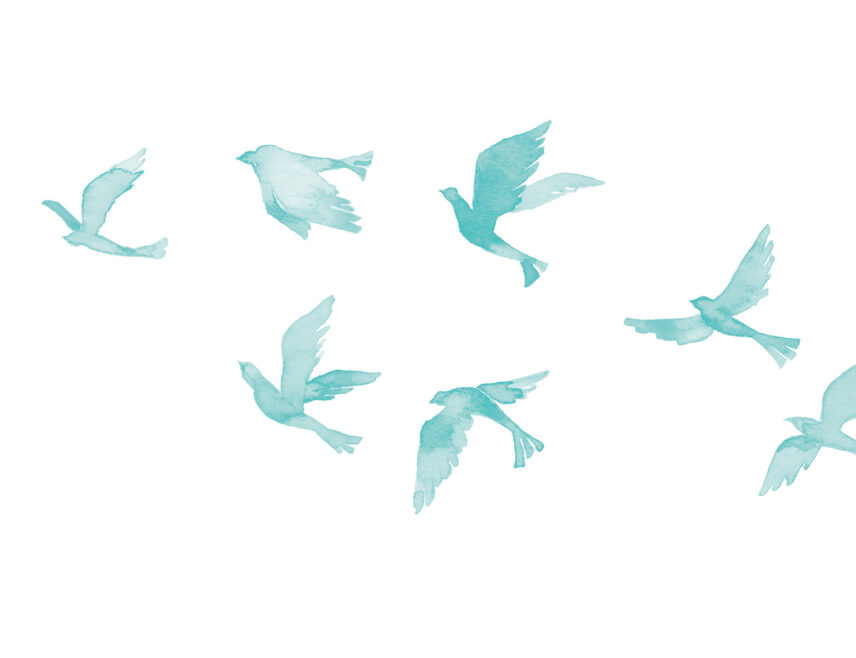
Travel Stories
Women in the Wild
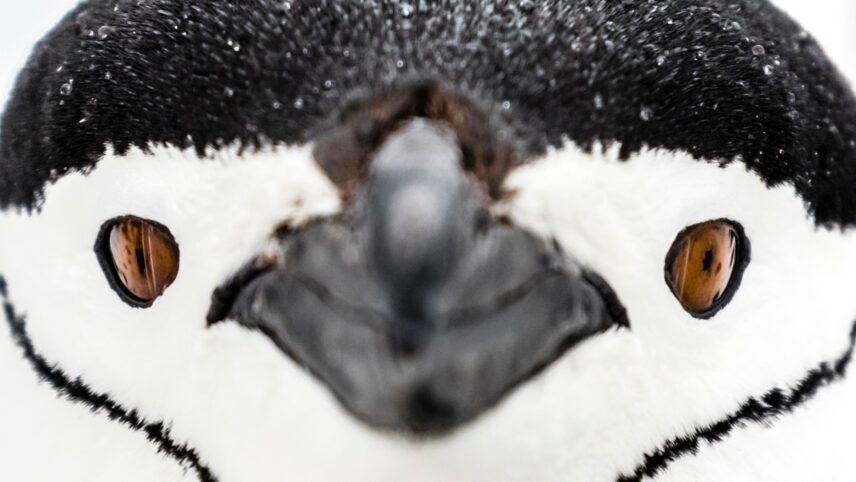
April 23, 2024
Your Ultimate Guide to Antarctica
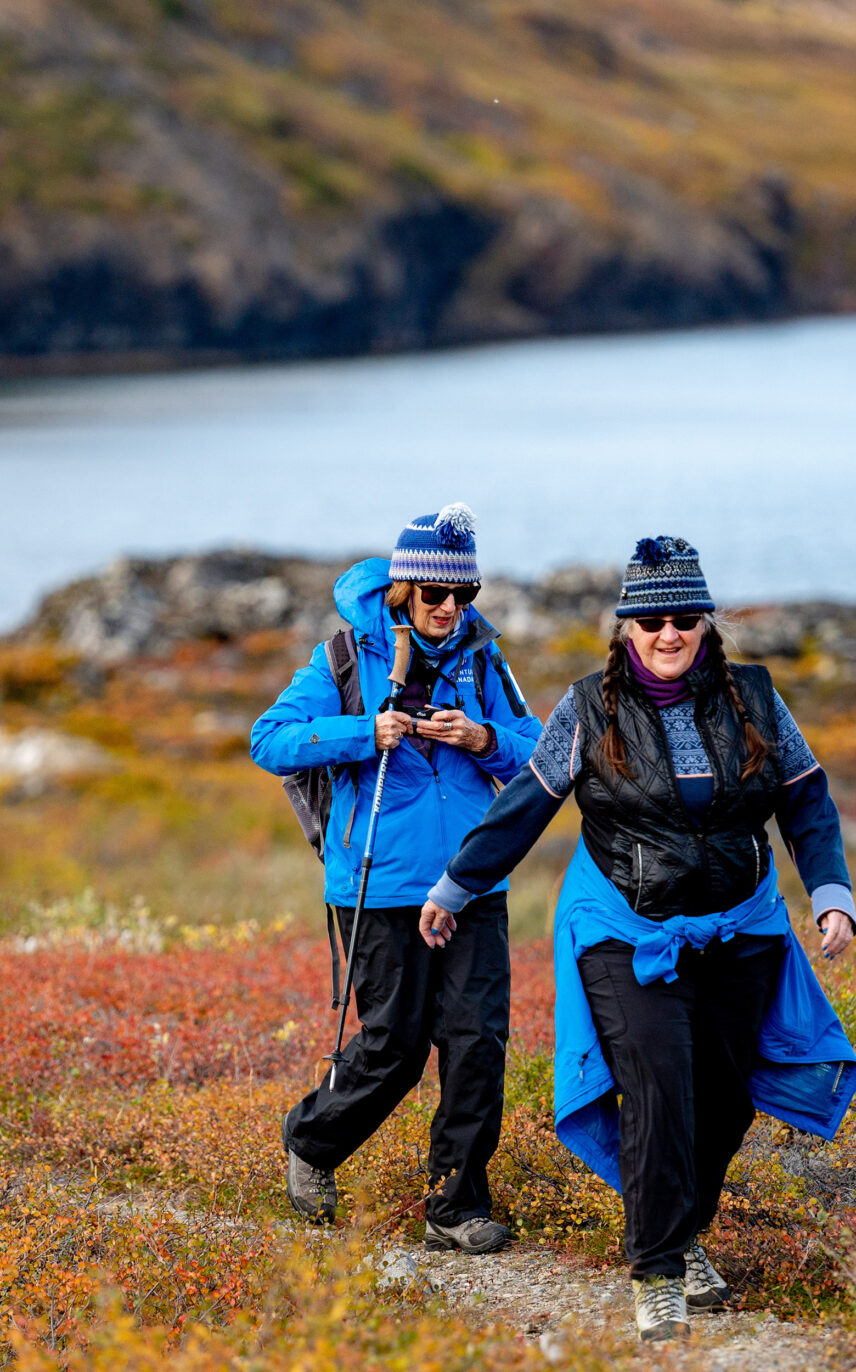
April 9, 2024
The Unexpected Impressions of Greenland and Wild Labrador
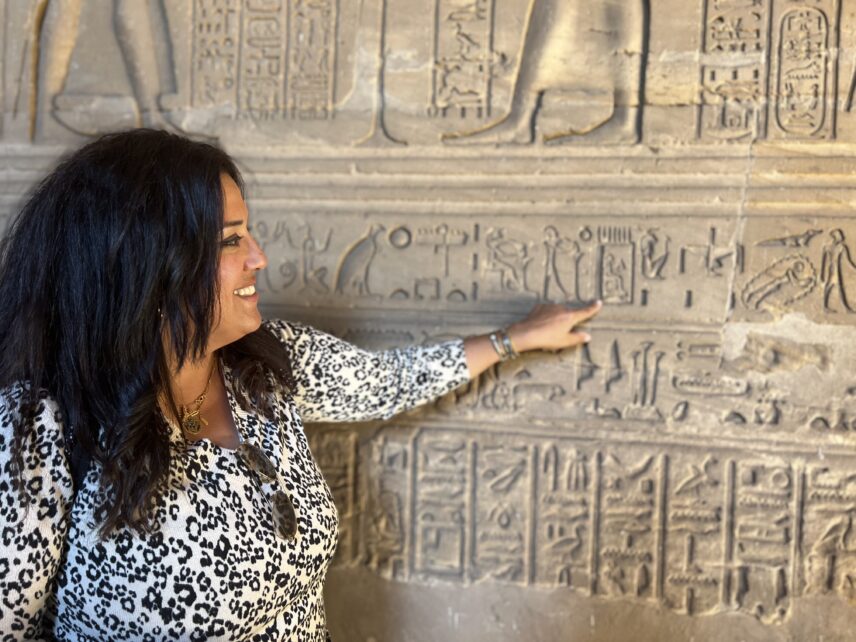
April 4, 2024
Our Guiding Lights: Meet Our Inspiring Tour Guide Yasmine from Egypt
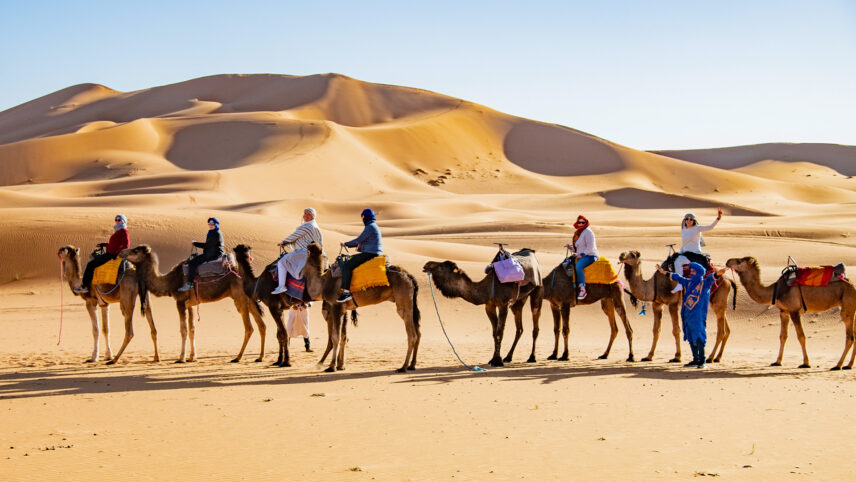
April 3, 2024
How Tourism Supports Local Women in Morocco
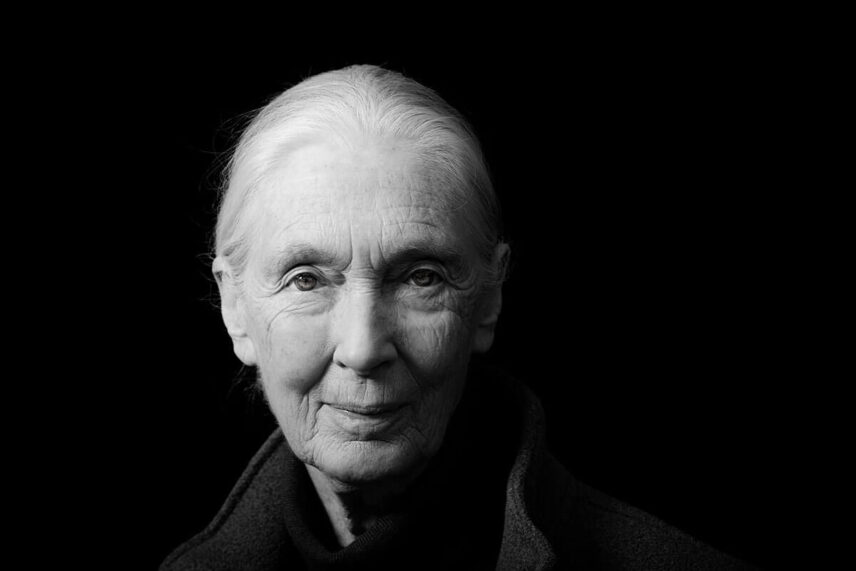
April 2, 2024
Jane Goodall: Hope for Humanity
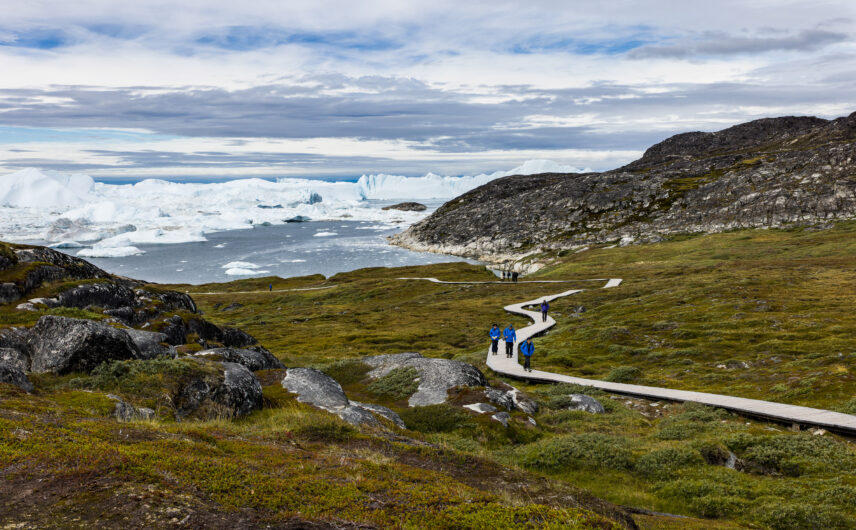
March 28, 2024
Your Ultimate Guide to the Northwest Passage Expeditions
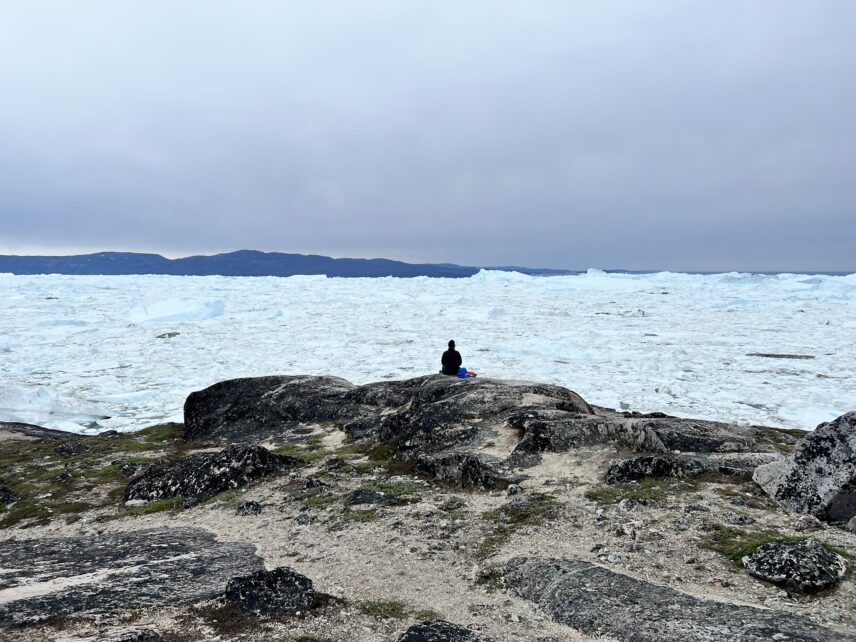
March 25, 2024
The Quiet Rapture of the Northwest Passage
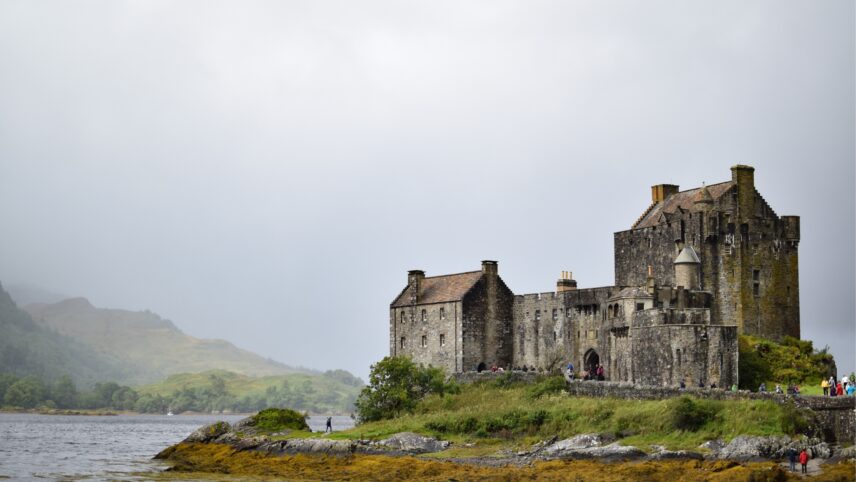
March 22, 2024
Prepping for Scotland: A Guide to the Secret and Surprising Side of this Country!
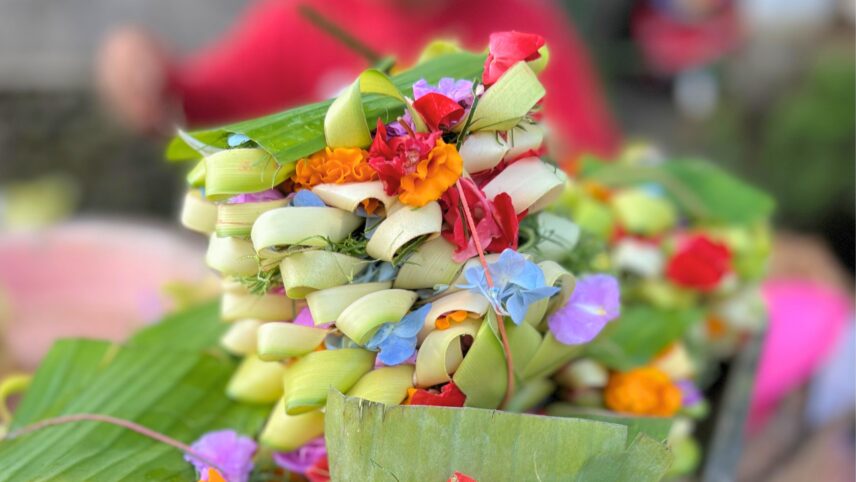
March 18, 2024